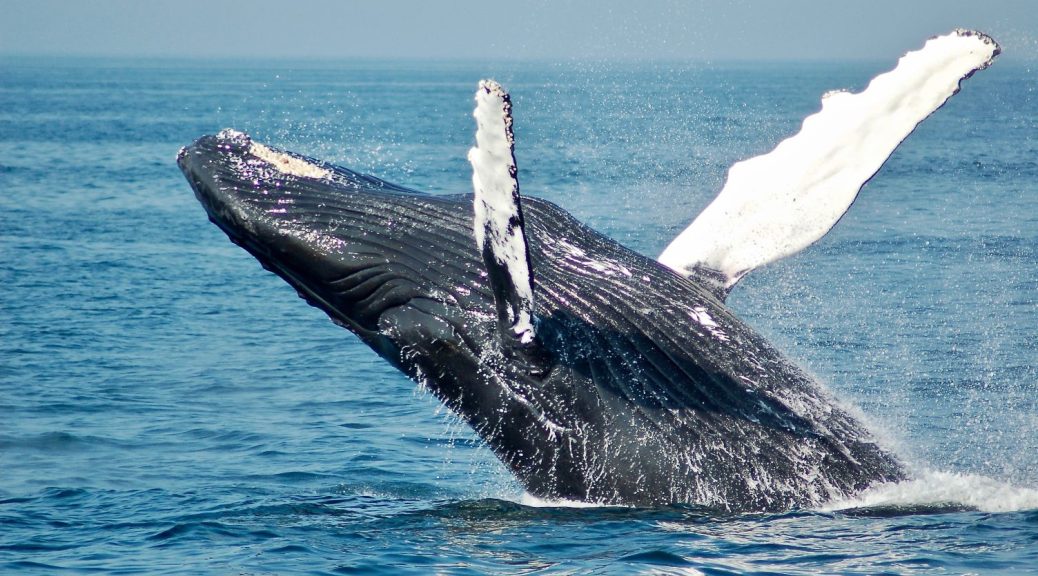In November, I read only one book. The reason is that it was the most plodding, pretentious, and laborious book I have ever read. Said book was Fathoms: The World in the Whale by Rebecca Giggs. I desperately wanted to love this book because I love marine life and am always eager to learn more about it. When I bought the book, I couldn’t wait to read it and was eager to discover what awaited between the covers.
What I found was what I’ve already described: a book painful and almost impossible to get through. I marched on, determined to finish, as I don’t believe in not completing books, especially if you’re going to critique them. But this book can stand as testament that you don’t need to finish a book to know what you think about it. Halfway through – less than halfway through – I already knew it wasn’t going to change or improve. If I didn’t love the inflated language and bloated style in the first half, I wasn’t going to love it in the second.
Wanting to immerse myself in more books about conservation, wildlife, and the environment, I was delighted when I first found the book. But I learnt nothing, took no joy, no revelations, no hope, nothing, from reading it. It’s an overblown book that, I repeat, was a chore to get through.
With the excess of information out there – and so much of it false – we don’t need books and writers making it more difficult by making us wade through verbose minefields that make for utterly baffling and inaccessible reading. And this coming from someone who regularly uses big – and even archaic – words herself. From me, an avid reader who also happens to be a fan of Naomi Klein, an environmental writer whose work is highly detailed, meticulously researched, and deals with weighty issues and complex concepts that require a wealth of information, context, and perspective. Yet Klein never writes in a way that forces you to re-read sentences multiple times, because you don’t know what the hell was just said.
Giggs, or her editor, ought to take a lesson from Klein or even read a Yuval Noah Harari book or two if she wants to learn how to blend “natural history, philosophy, and science” as her book claims to do. Even better, take a simple lesson from George Orwell: “Never use a long word where a short one will do.”
